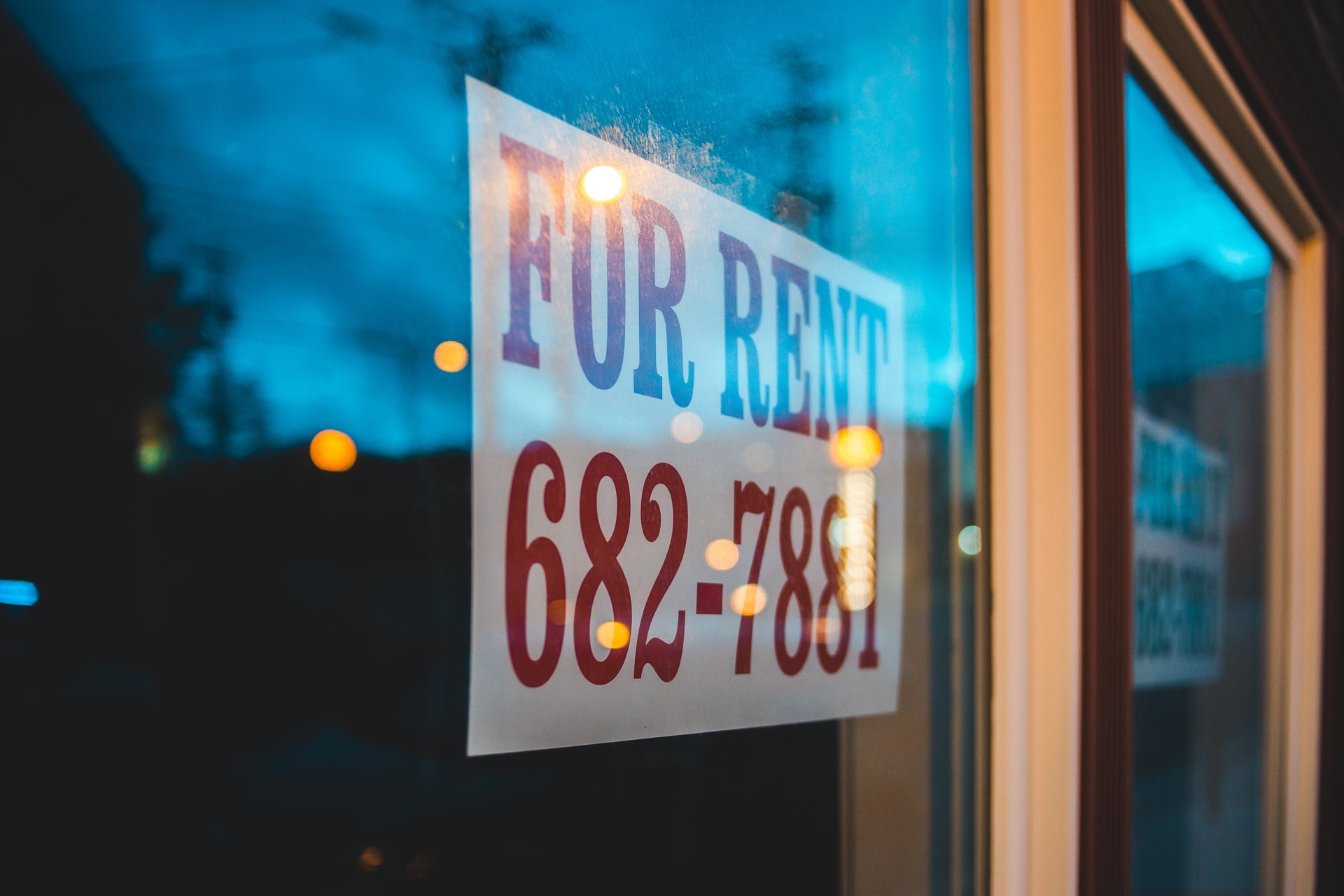Whether you manage ten or one building, being a landlord means the responsibility of a building and tenants. A landlord and an ethical landlord are two different responsibilities. It is easy to manage a building and not care about the tenants, but not caring could be the wrong business move. Being an ethical landlord has more responsibilities and means for creating higher standards for yourself and how you do business. Setting yourself to higher standards as an ethical landlord shows leadership that can lead to long-term success. Determining those standards will help create a backbone and structure for you to manage with ethics and integrity in mind.
Actions and Behaviors of an Ethical Landlord
Present a Straight Forward Written Agreement
Straightforward contracts with tenants will eliminate any confusion for you and your tenant(s). Using clear and concise language in your document that clearly outlines terms and conditions of the agreement allows the tenant to know what they expect and how to communicate problems.
Treat the Tenants Like People Not A Business Transaction
It is easy to treat tenants like a business transaction in reality, but they are human beings with feelings and access to review sites. One wrong and unprofessional interaction with a tenant could turn into a critical review online and deter future tenants. Empathy combined with professionalism will help create appropriate boundaries for both you and your tenants.
Be Accessible and Communicative
No one likes it when they cannot get ahold of someone, especially when it pertains to business. Communication is critical because tenants might rely on a time-sensitive matter like a maintenance request. Having an outside maintenance worker look at the clogged toilet could cost you more money and an unhappy tenant.
Constant communication with tenants makes them trust you more and helps show you value them as a person. It also helps create a professional relationship with the tenant to keep their business and develop potential future tenant relationships.
Keeping Good and Updated Records and Respect Privacy and Information
Updated records from tenants will tie up loose ends and make things easier if the relationship goes south. It is also necessary to keep this information confidential to protect your tenants and uphold your ethical landlord leadership.
Along with their information, it is necessary to respect their privacy. Whether you manage an apartment or a professional commercial building, it is essential to respect their privacy and business. For example, when a maintenance request requires a maintenance worker employed by you, schedule it with the tenant. Scheduling appointments allows the tenant to make sure someone can be there or not schedule an important meeting. If the tenant is not at the building or apartment, it is required that you need the tenant’s permission to enter their space. While it can be a hassle to coordinate with the maintenance worker and tenant, it shows the leadership and shows the tenant your professional and ethical responsibilities that you uphold as a landlord.
Maintaining Profitability while Being Ethical
Being an ethical landlord means taking leadership responsibilities for the tenants and the building itself. The leadership you put into maintaining a professional relationship with the tenants and the standards you hold yourself as an ethical landlord will help the tenants feel comfortable and safe.
Although being a landlord is a business endeavor, that does not mean your ethical standards are non-existent.
Rent Increases
Be reasonable with raising the rent. Increases are better done incrementally. You should consider market rates and the economy to help you determine price changes. Typically, a 1 to 5 percent raise is reasonable, again depending on the rental market climate. Reviewing annually comparable rental rates for spaces similar to yours helps you stay competitive within the market. If you are charging 50 to 75 percent more than your competition, your tenants and future tenants will most likely leave and your property may take longer to find occupants.
A good practice is to provide at least 60 days’ notice before increasing the rent. You may want to consider providing 90 days’ notice, which provides more time for the tenant to adjust budgeting and hopefully not vacate/end their lease. Each state and landlord associate is different although 60 days seems reasonable it would be a good idea to research how many days it requires notifying a tenant of a rent increase and then add another month to uphold your ethical landlord leadership.
Rent Collection
When collecting rent, it helps to have an online portal where tenants can pay rent online with an e-check, credit card, or debit card. This allows you as a landlord to be flexible and broaden your pool of tenants. For example, allowing tenants to pay rent with a credit card enables the tenant to collect points or rewards on their credit card. It also can help the tenant because of how their company does their pay cycle, and if you allow tenants to pay with a credit card, you can also require that the tenant absorb any credit card processing fee. This depends on how big your property management company is and your financial situation.
Along with rent collection, if a tenant is a day late, it would be unethical to write up an eviction notice the minute they are late. There could be a problem or issue with their billing system, or they just forgot rent was due. Allow the tenant a day or two to pay the rent and then have a professional conversation with them about it if it continues. Here is where having communication with the tenant is vital because it allows you to talk to the tenant about this professionally. Outlining late payment actions such as grace periods and penalties in the Rental Agreement is another way to keep expectations and actions transparent. This also allows you as a landlord to discuss the topic as a concern and not only have a conversation with them when you are hunting them down for the rent money.
The essential characteristic of being an ethical landlord requires communication skills between you and your tenants. There needs to be communication, whether it is about a rent increase, maintenance appointments or problems, and rent collection problems. Having consistent communication with tenants allows you as a landlord to bring up uncomfortable topics and provides a professional relationship between you and the tenants.
Housing as a Human Right
The concept of housing as a human right was a federal policy in the “Second Bill of Rights” in President Franklin D. Roosevelt’s 1944 State of the Union address. This Second Bill of Rights addressed the growing poverty and income inequality heightening with the millions of Americans. President Roosevelt stated that every American should have a decent home not as a matter of fairness but as national security. During the Cold War, the housing rights policy was not a top priority and was loosely structured. It was later used to fight Jim Crowe racism, violence, and segregation against African Americans.
According to the United Nations, adequate housing is a fundamental human right to live in security, peace, and dignity. This does not mean states have to build free housing for the entire population. It can mean that states provide it through public housing, vouchers, develop affordable housing, and rent control. Although many factors are being played for this as a country, it looks different at a local level and will take shifting housing policies to become effective. Regions where housing is a high cost of affordable house production, like the San Francisco Bay Area, will be hard to enforce a right to housing.
In 2012, Dane County in Wisconsin passed a resolution to acknowledge a right to housing. The board created a budget for homeless services, an affordable housing fund, and opened the first homeless navigation system. Other local governments like Massachusetts, Washington, D.C., and New York have adopted the “right to shelter,” which only brings homeless people indoors to stay in temporary shelters.
There is no language or framework policy that states housing is a human right. Therefore, each state and county can determine how they recognize housing and if it is a human right. Housing advocates want to acknowledge that housing is a human right because it provides a tool to hold landlords legally responsible for increasing high rents and sue cities that are not building sufficient affordable housing.
As a landlord, although it is not your duty to be ethical and treat tenants as other than a business transaction, it would be in your best business interest to be one. That requires more leadership and extra effort to make sure things with the tenant are going well and constant communication does not hurt. Remember, you can be an ethical and professional landlord by communicating, keep paperwork in order and up to date and confidential, and treating tenants like human beings and not just a business transaction. At the end of the day, if you respond ethically and provide clear expectations through your written agreement and interactions, you will be able to manage your property more easily whether it has to do with property damage, maintenance, or rent collections more easily.










